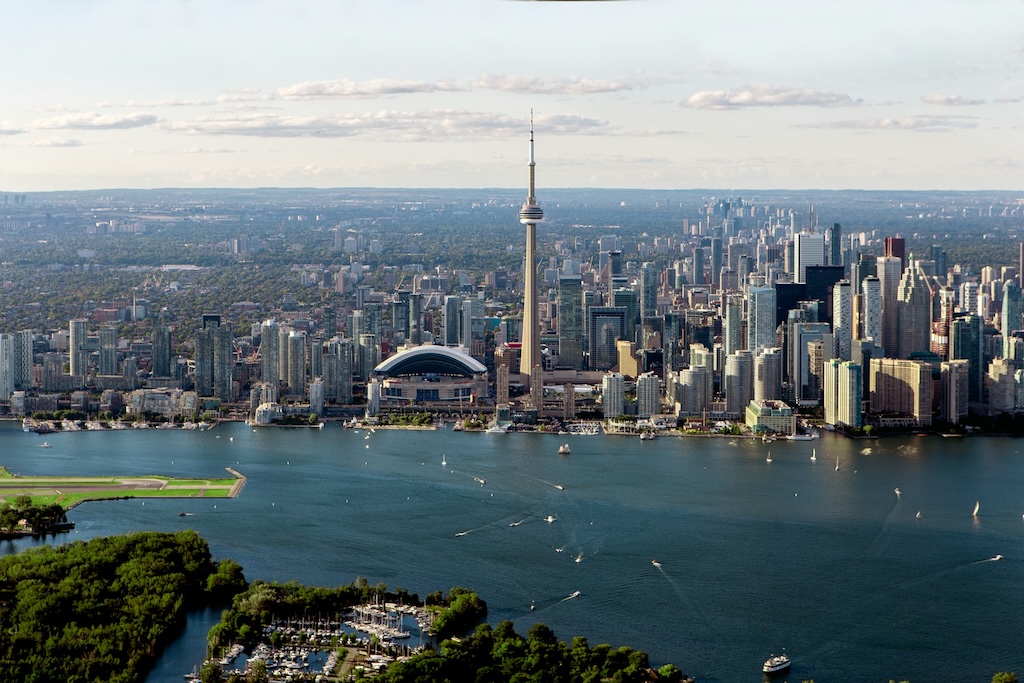
Congratulations on the remarkable life milestone! Being a first time home buyer is exciting, and can be a bit stressful sometimes. But do not worry, here are some first-time home buyer tips in Ontario Canada. Hopefully they will save your time, energy, and costs on your first time home buying journey.
Explore Home Buyer’s Plan
If you are a first-time home buyer, the Home Buyer’s Plan (HBP) is a money and time saver. It allows you to withdraw certain amount from RRSP, and use it towards the down payment of the home. The current limit is $3500, and you have options to pay it back within the next 15 years. Be noted, there are certain time period requirement for the fund saved in the RRSP before you withdraw. For how this plan works, please see Home Buyer’s Plan (HBP) for details.
Get the down payment going.
Figure out the down payment amount. At a time when interest rate is lower, you may choose to have a less down payment. And at the time when the interest rate is higher, you may choose to have a higher down payment. Please keep in mind, better not to use all the savings towards the down payment, and always have some extra cash on the side for unexpected expenses, such as lawyer fees, unexpected home repairs or updates in the coming years, or any surprising costs might occur in the coming years.
For the current downpayment rule:
If the purchase price is less than $500,000, the minimum down payment required is 5% of the purchase price.
And, if the purchase price is from $500,000 to $999,000, the minimum down payment required is 5% for the first $500,000, and 10% for the portion above $500,000.
Lastly, if the purchase price is $1M or more, the minimum down payment required is 20% of the purchase price.
Know the mortgage interest and maximum purchase price
Find out your mortgage interest rate, and the maximum purchase price. It is not necessary to maximum the purchase price, but is always nice to get a pre-approve from a bank or a mortgage broker before actually seeking houses. It is to avoid for unnecessary time checking properties and put up hope to it, then drain the energy.
If you are a long term client with a bank, you might be able to get a good deal on mortgage interest rate with that bank. Contact your bank and you can find it out. Another good option is a mortgage broker, who can find the best interest rate on the market. Make sure you understand all the requirements and obligations of the terms, cause each bank or financial institute can be different. Especially in terms of an early paid off loan, or if you want to sell the property during the mortgage term somehow, there might be penalty differences.
Work with an experience realtor
Once you are finally prepared, find an experienced realtor, and make sure she or he is fully understand your needs. Property is a huge purchase, and many people got cold feet when making a good offer on the first property, then ends up to losing the deal. The listing price is not the selling price, negotiating skills plays an importing key here. However, the most importing thing is you have to be comfortable with it, and do not stretch it too thin. It is exciting, isn’t it?
Location is everything
Location, Location, and Location! That’s all we hear about when comes to purchasing a property. The comfort zone is the best. The comfort zone means not too high or too low, somewhere suitable to you. For example, if I am a student, I might choose a place is convenient to school, and affordable. if I am a single professional, I might choose and modern, luxury, and easily social place. If I have a family with kids, I might choose a location with good schools in the area, and low crime rate. It is all personal preference. Again, you have to be comfortable with it.
Check the Health of the property
The health of the property is a key factor towards the purchase price. If it is a condo, review the condo certificate and the condo board agreement agreement before make a decision. Is the reserve fund healthy? Is there any large investment on the building in the near future? Any big repairs coming up? Is pets allowed? What is the condo fee per sq.ft.?
If it is a freehold house, how old is the roof, heating furnace, plumbing, hot water heater, windows? Any updates had been done in the past? And new updates needs to be done in the near future? Any water leakage sign, or foundation cracks? If so, make sure to budget a fund for that on the side, or negotiate the cost into the purchasing price.
Take advantage of First-time Home Incentive plans
There are also First-Time Home Incentive Plans, First-Time Home Buyer Tax Rebates, and Canada Greener Home Initiatives.
First-Time Home Incentive Plans is a government plan to help first-time home buyers with down payment. 5% or 10% for a first-time buyer’s purchase of a newly constructed home, or 5% or 10% for a first-time buyer’s purchase of a newly constructed home, or 5% for a first-time buyer’s purchase of a resale (existing) home, or 5% for a first-time buyer’s purchase of a new or resale mobile/manufactured home. For details, please see First-Time Home Incentive Plans.

